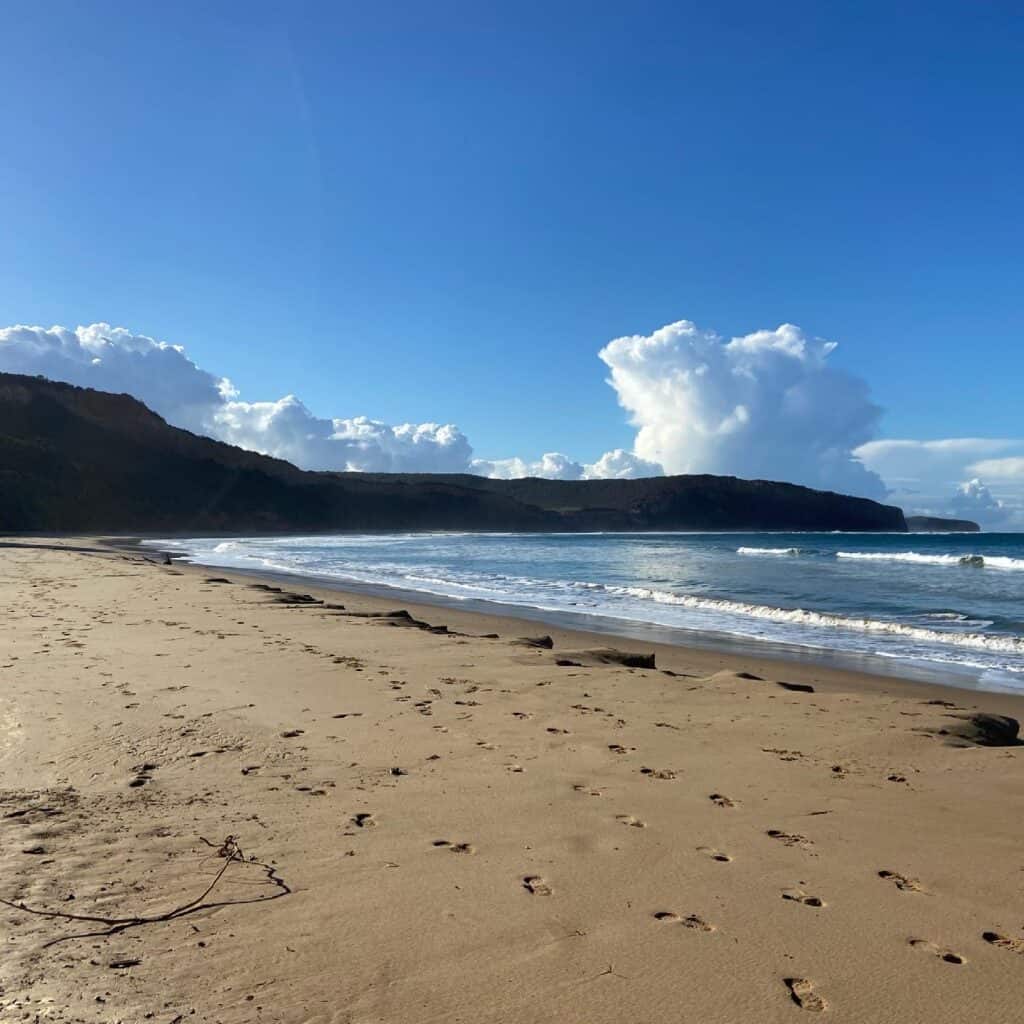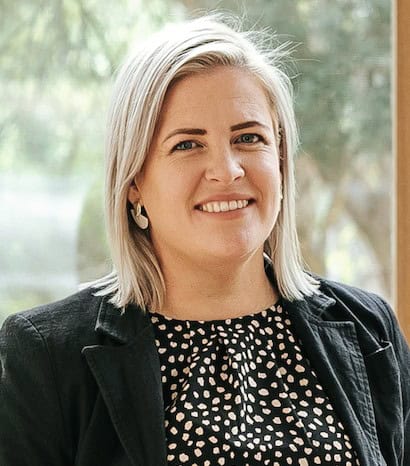As doctors, the nature of our work means on call commitments, needing to find someone to cover our patients while we take leave and working across a variety of environments- often including at least some of which being self employed. Due to this, holidays are an important but not uncommonly difficult to access part of our own self care. With burn out at an all time high in healthcare and leave even more difficult to access due to staff shortages, holidays and rest are more important than ever.
With all that in mind, and being fortunate to have recently taken my own period of time off, I’ve reflected on some of the reasons why holidays sometimes don’t feel like a ‘holiday’ and how we can make the most of these periods of time that we manage to carve out away from our busy lives and jobs.
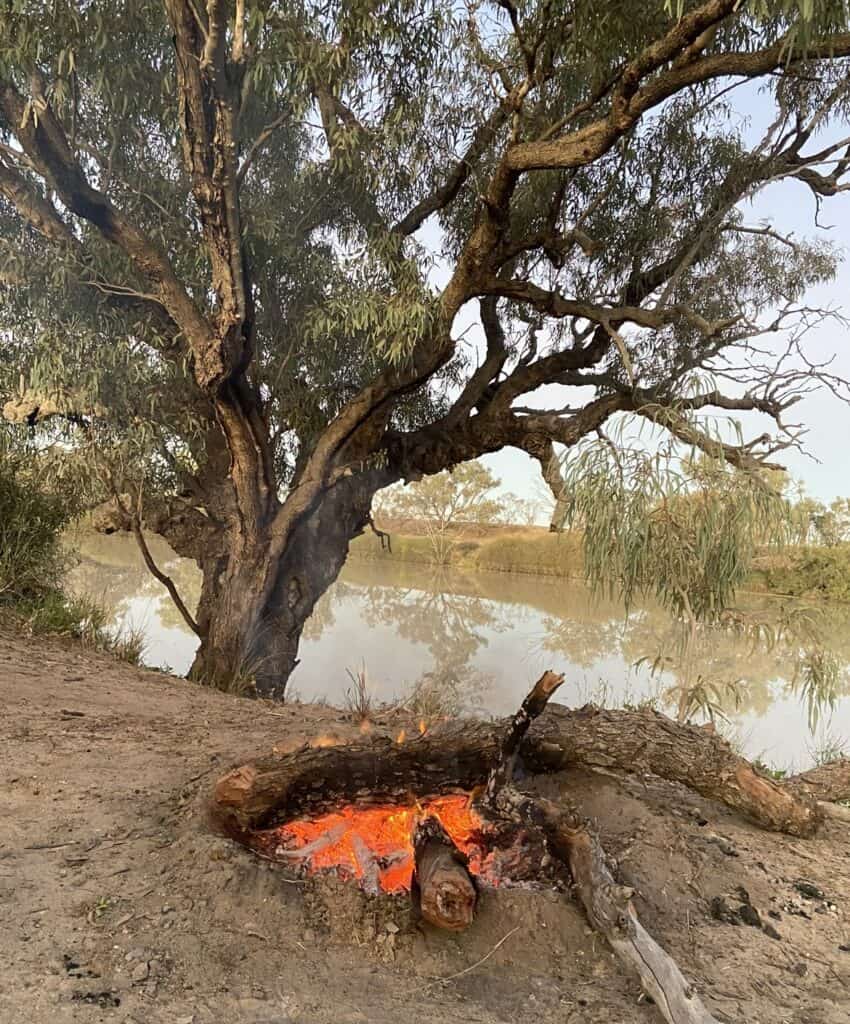
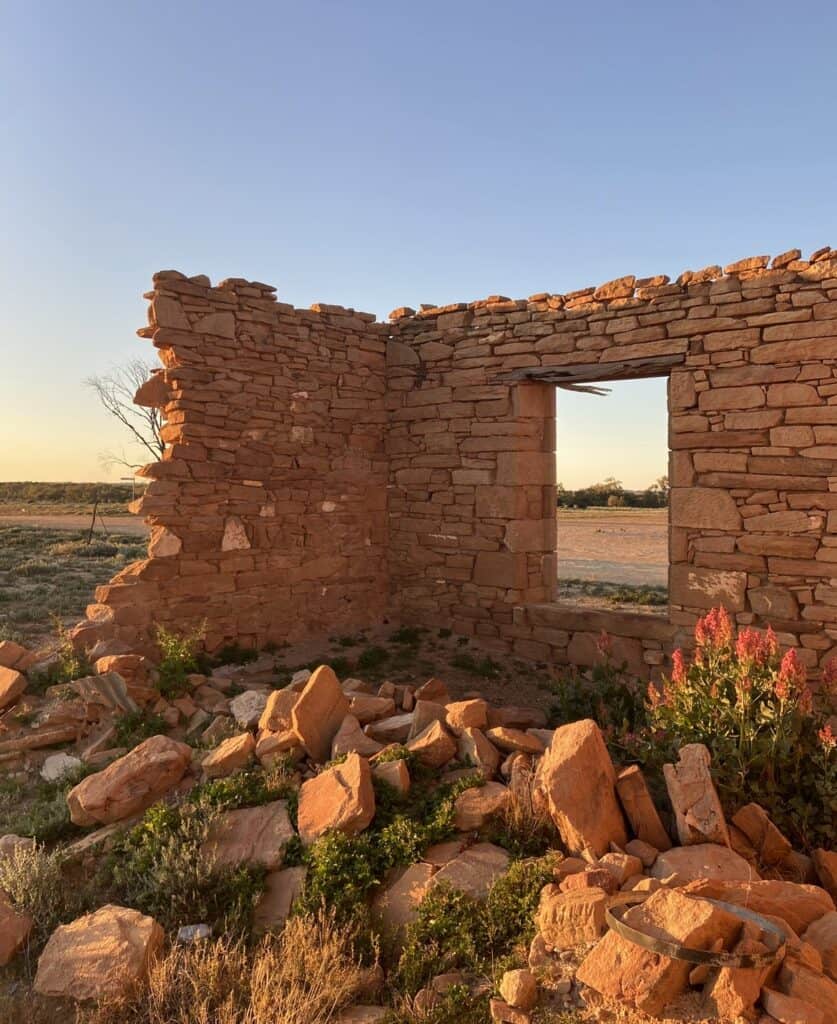
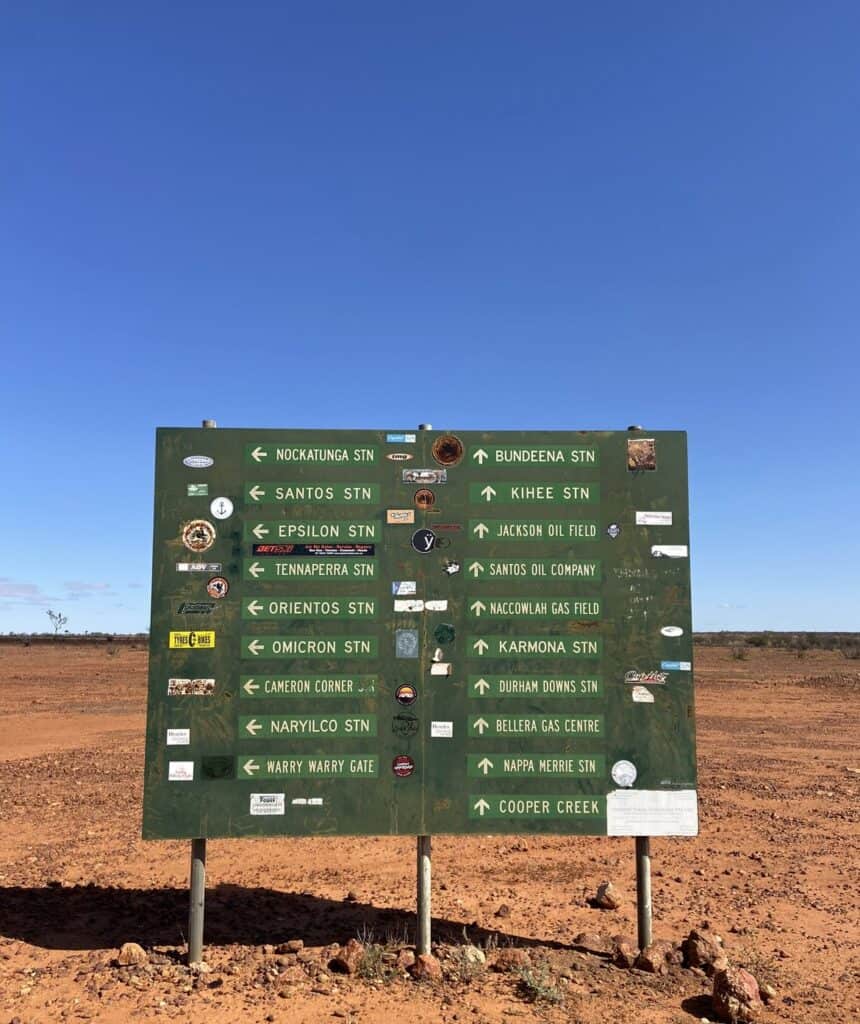
Expectation vs reality mis-match
When we lead busy, hectic lives- a ‘holiday’ from that will naturally carry an expectation that by getting away from work, life will feel easier. So when we still have to deal with issues like parenting demands, logistical issues like flights, booking problems or car troubles- all of a sudden our holiday can feel more like work in a different environment rather than a break from life itself.
The thing is- a holiday isn’t a break from life, it’s a break from work. As much as work takes up a huge part of our lives for many of us, many of the issues that cause us stress or angst at work are just natural extensions of our home or life stressors simply manifesting in the work environment. These will naturally follow us wherever we find ourselves- be it at work, or away on a holiday.
Over the years I have become better at managing this mis-match but there have been a few things that have helped most.
- Practicing mindfulness to help me to deal with the awareness that my thoughts (and expectations) were often the things that were causing me the most angst in life- and unfortunately they always followed me away on holidays!
- Seeking the support of coaches and psychologists to help me to gently challenge deeply held patterns of thought and behaviour. For some reason I had always told myself that because I was a smart person I shouldn’t need anyone’s help with this… I was wrong.
- Learning how to be vulnerable and genuinely asking for help when needed (with the help of the people above). This step has been hugely helpful in allowing me to foster more of a growth mindset in my own self development.
Over scheduling
We’re so used to being busy and under stress at work that even when we set aside time for a break we often find ourselves filling that time with activities, commitments and a general sense of obligation to ourselves that we “should be making the most of the holiday”. For many of us, the realisation that coming to rest actually feels uncomfortable means that we end up filling the space and time we carve out for ourselves away from the busyness of work with activities to take the edge off that discomfort.
As a meditation teacher I see this discomfort manifest really frequently when people tell me “I can’t sit still” or “meditation doesn’t work for me”. The fact that this features so heavily for so many of us though tells me that this is not just a quirk of nature that only a few of us experience- it is in fact so universal that I would say it is part of our common humanity. Rest feels uncomfortable when we’re used to living in the cortisol and adrenaline fuelled soup that this is the modern world.
So what can we do about it?
When I teach meditation I often talk about the analogy of the sediment in the glass.
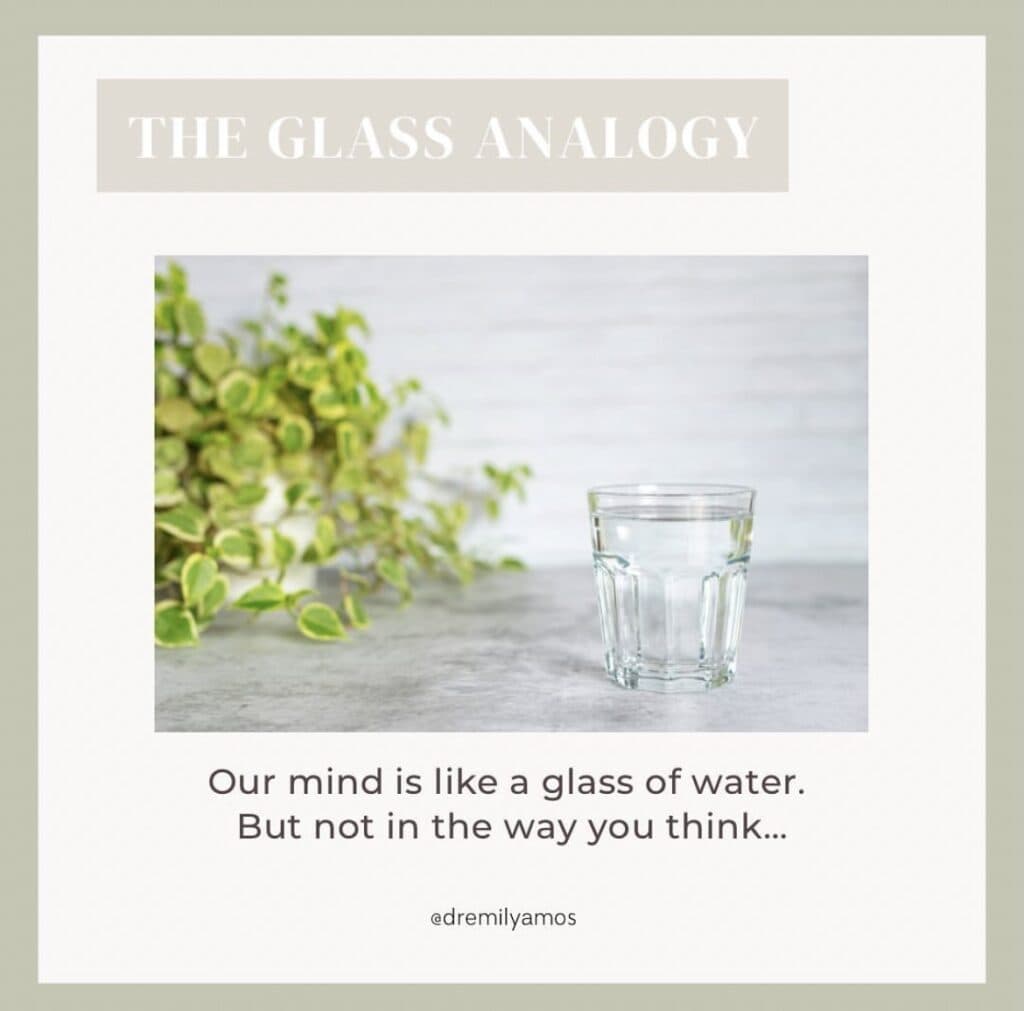
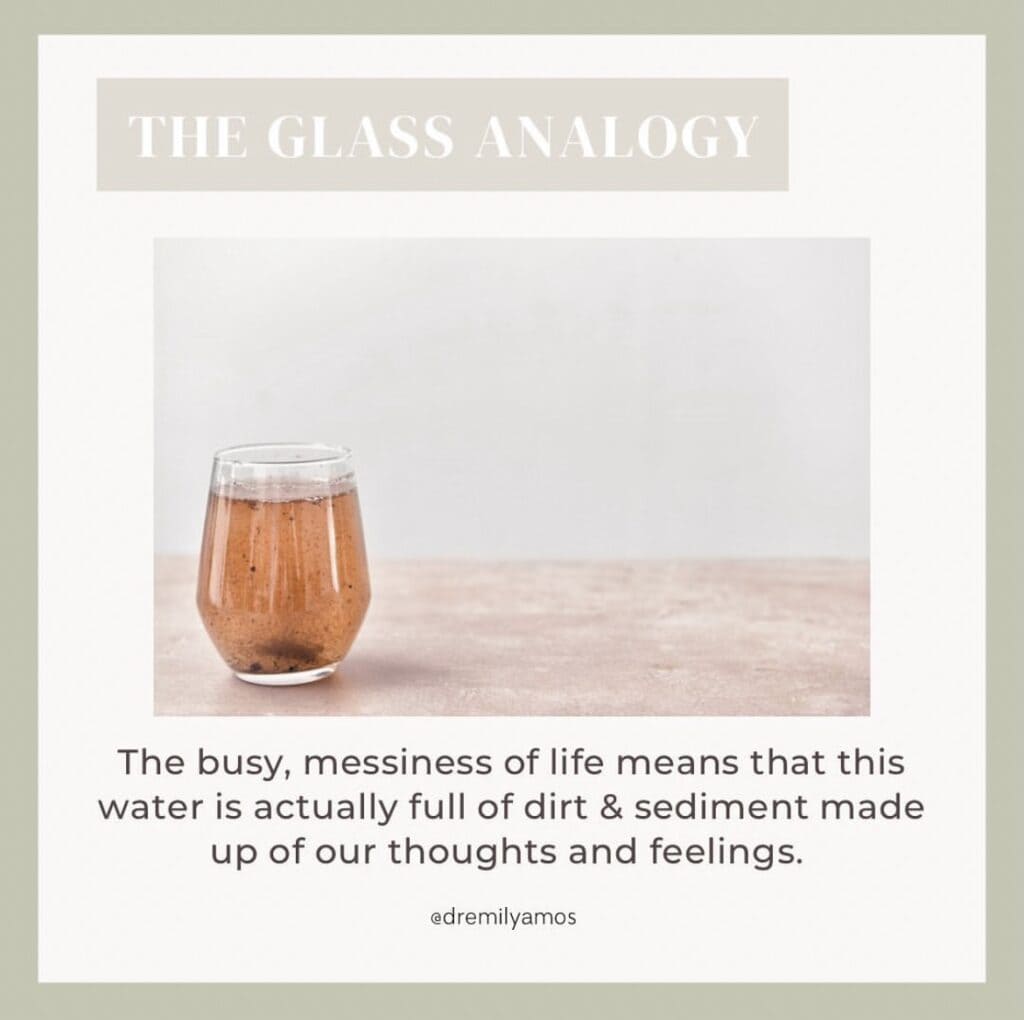
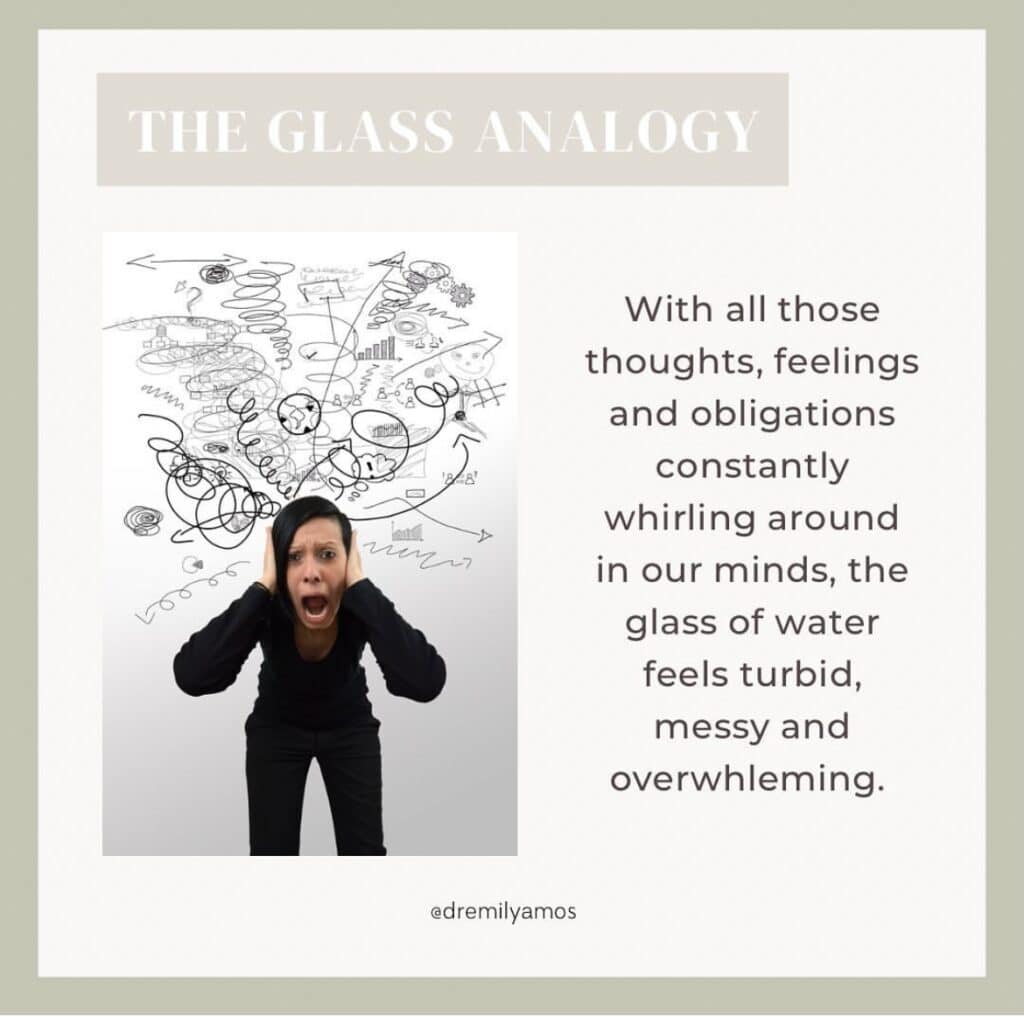
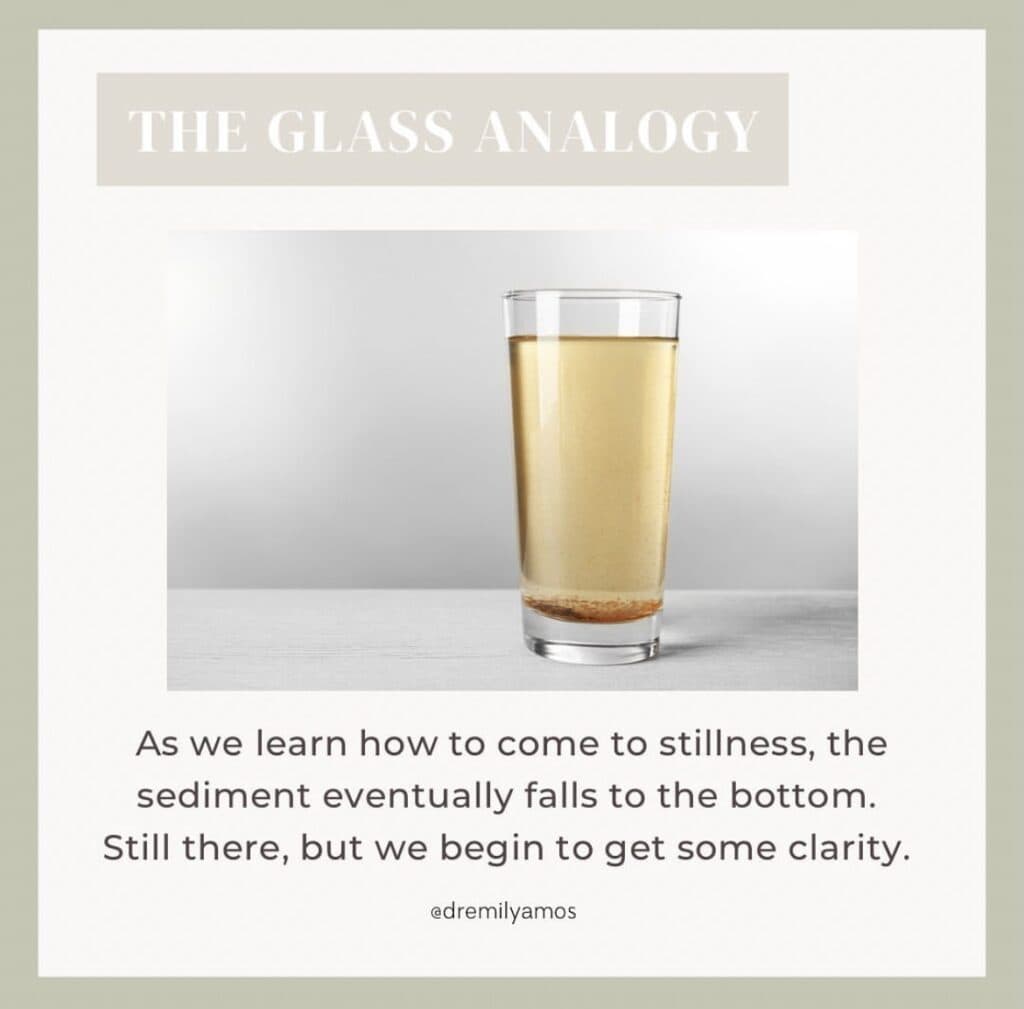
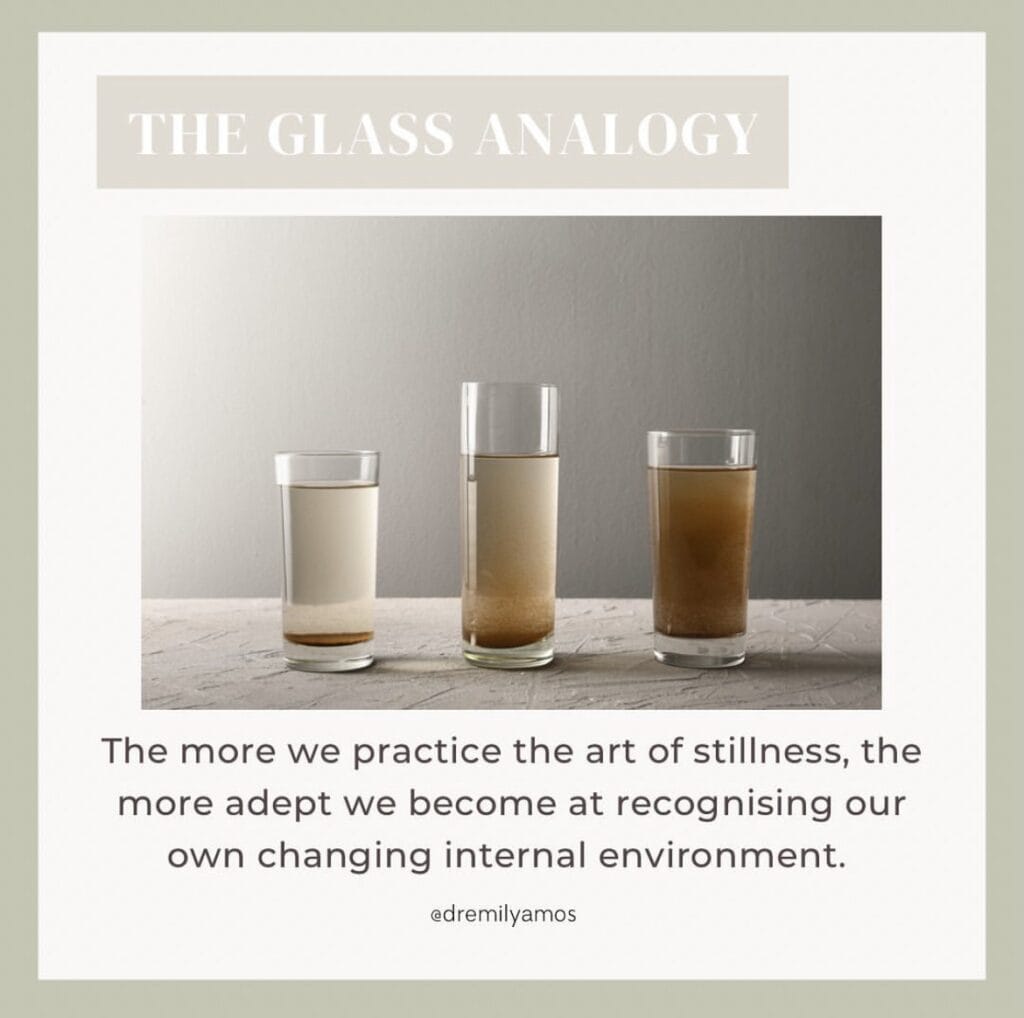
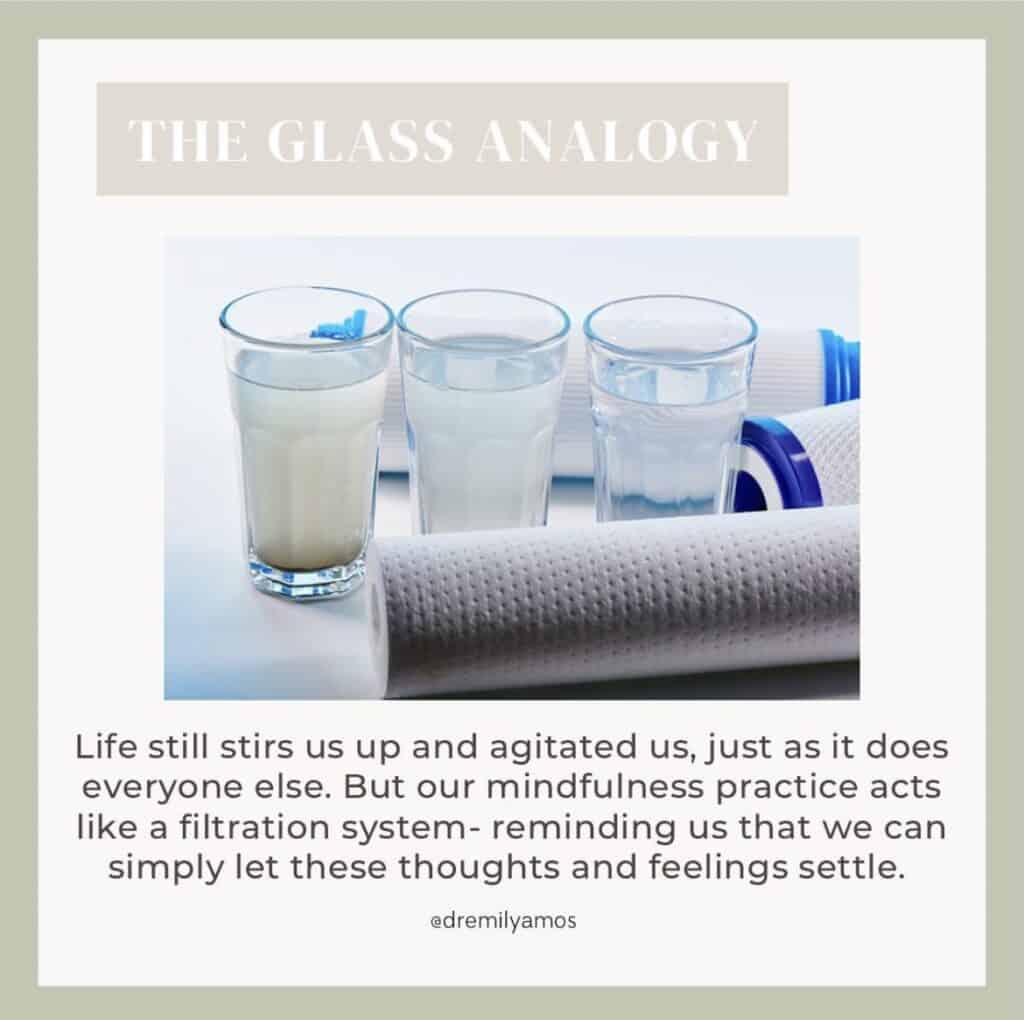
For most of us, we live our lives using busyness and distraction to keep us from feeling uncomfortable feelings or thinking uncomfortable thoughts. Holidays, when we often have fewer distractions and are less busy, become prime periods for these thoughts and feelings to bubble up within us and make us feel uncomfortable. So we get busy again- stirring up the ‘water in the glass’ and taking us back to that state of distracted busyness that feels comfortable for us… even if it doesn’t serve us.
Learning how to meditate- be it with a teacher or via an app or course, can be a great tool for helping us to deal with this discomfort. This is something that we also explore quite heavily on our retreats.
Self judgement
I’ve found this to be a very unwelcome visitor to my holiday time. Whether you are holidaying with others or on your own, the literal time and space for contemplation that is opened up as you peel back layers of work commitments, appointments and all the other stuff that fills our days when at home- our minds will often revert to their natural tendency to analyse and criticise. Somewhat unhelpfully, all this energy is often directed inwardly in a variety of ways that make practicing self compassion really, really difficult. The resultant feelings often lead us to various forms of distraction in an attempt to self sooth- from over scheduling to drinking too much alcohol- trying to find the the balm for self judgement and self criticism is often at the crux of many coping strategies that don’t really serve us.
Self compassion has become a hot topic of conversation in recent years. It always seemed so self explanatory to me, I mean of course we should be kind to ourselves! Yet I always found it so difficult to actually practice. In a field such a medicine full of high achieving people often with perfectionistic tendencies, self compassion is often indeed a learned skill. There are three main components to the practice of self compassion:
- Mindfulness vs Over Identification
- Isolation vs Common Humanity
- Self Kindness vs Self Judgement
Learning how to see ourselves with kind eyes and view our experiences non-judgementally is very much a welcome side effect of the practice of mindfulness. Again, this is a concept that we explore as well as discuss practical strategies to practicing on our retreats. Our retreats are only open to AHPRA registered doctors, so we devote a lot of time and space towards discussing how this is most relevant to our medical lives.
Burn out
As burn out runs rife through healthcare, levels of self compassion and self care are naturally going to be low. Bone achingly tired and desperate for a break, when we finally get one we spend the whole time fearing our return to work. When we get to this point, often a few days off work isn’t enough to replenish the tank and a more significant investment is required. I remember this feeling well myself.
Coming back from the point of burn out needs more than just a holiday, it needs a multi pronged attack that includes:
- Rest– as much time away from work as you can feasibly achieve at this point in your own life.
- Support– building a framework of friends, family and professionals around you who care about your wellbeing and you are able to let your guard down with.
- Basics of self care– sleep, nutritious food, physical exercise and social connection. I know it seems self explanatory but there is a role for this important foundations and if it means other commitments needs to fall to the way side for a bit then thats OK.
- Mindfulness & self compassion– these are my own additions to this important list. They have been so transformative to my own journey through burn out that I think they are skills worth investing in. By the stage of feeling utterly burnt out though, I would suggest the best way to learn is via a teacher rather than an app, most importantly as this contributes to the support around you.
Despite the fact that holidays and time off can be very difficult to access in the 24/7 world of healthcare, it is really important for our profession that we talk about the importance of rest and recuperation in not only our professional longevity but more importantly in our own wellbeing.

